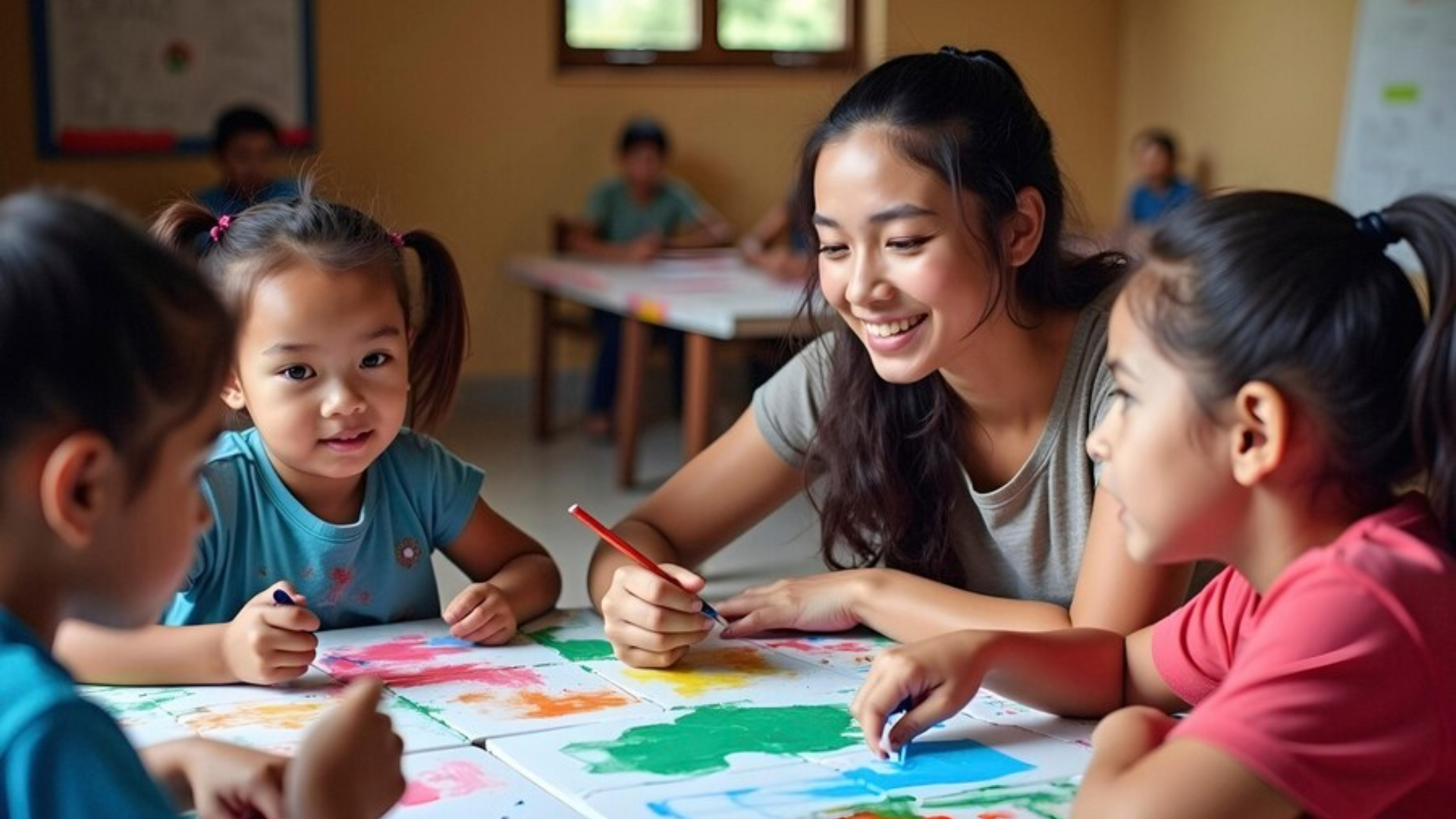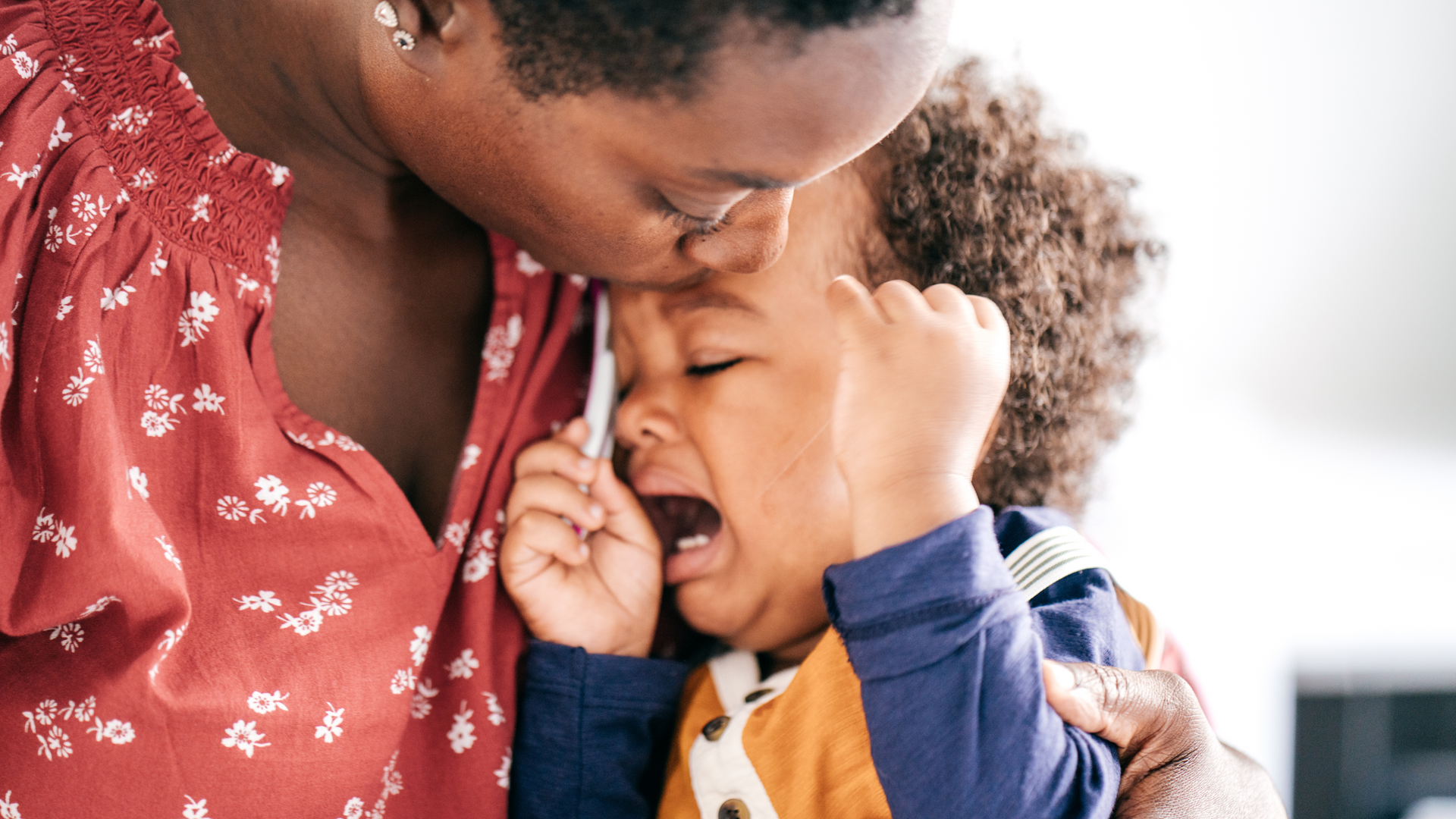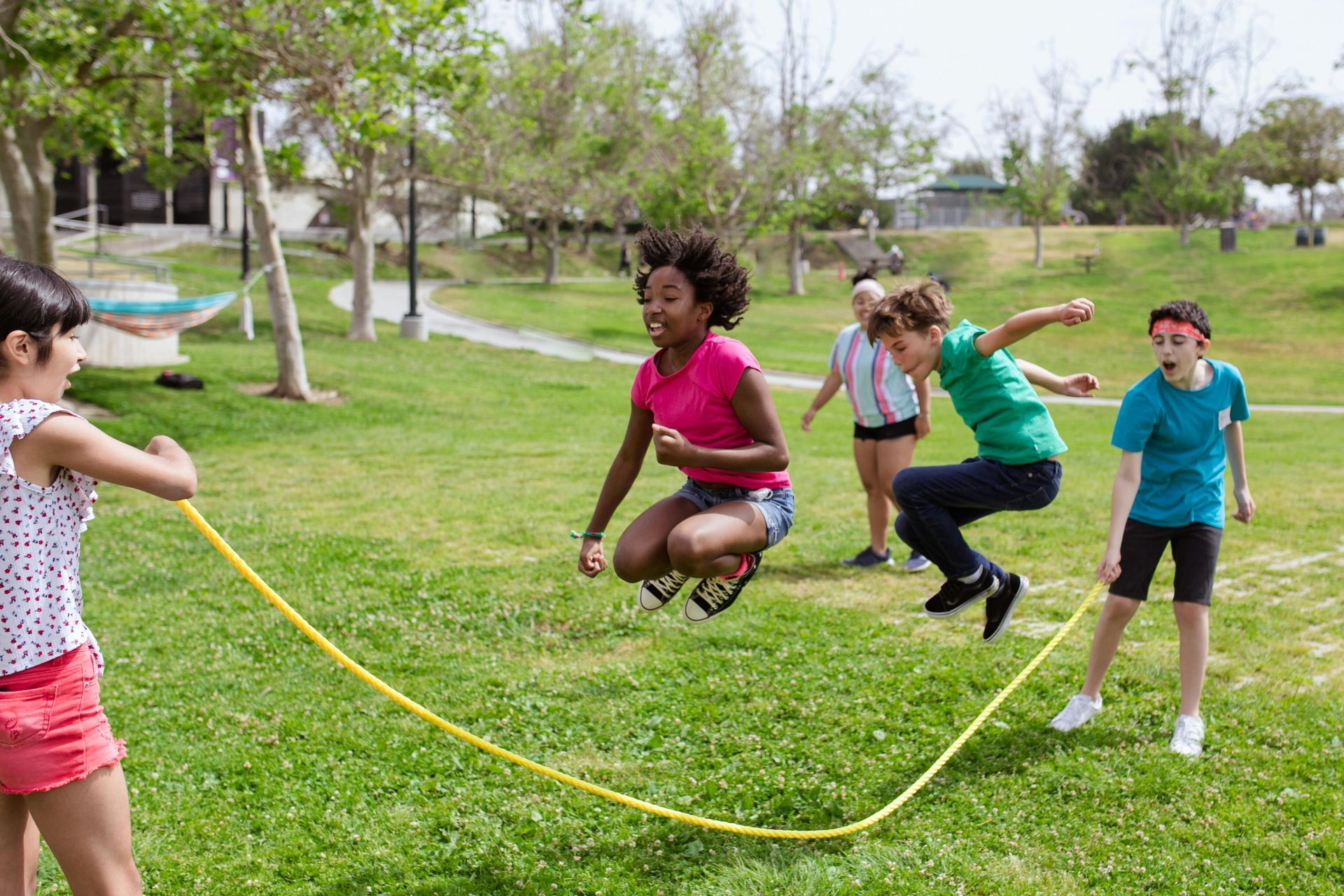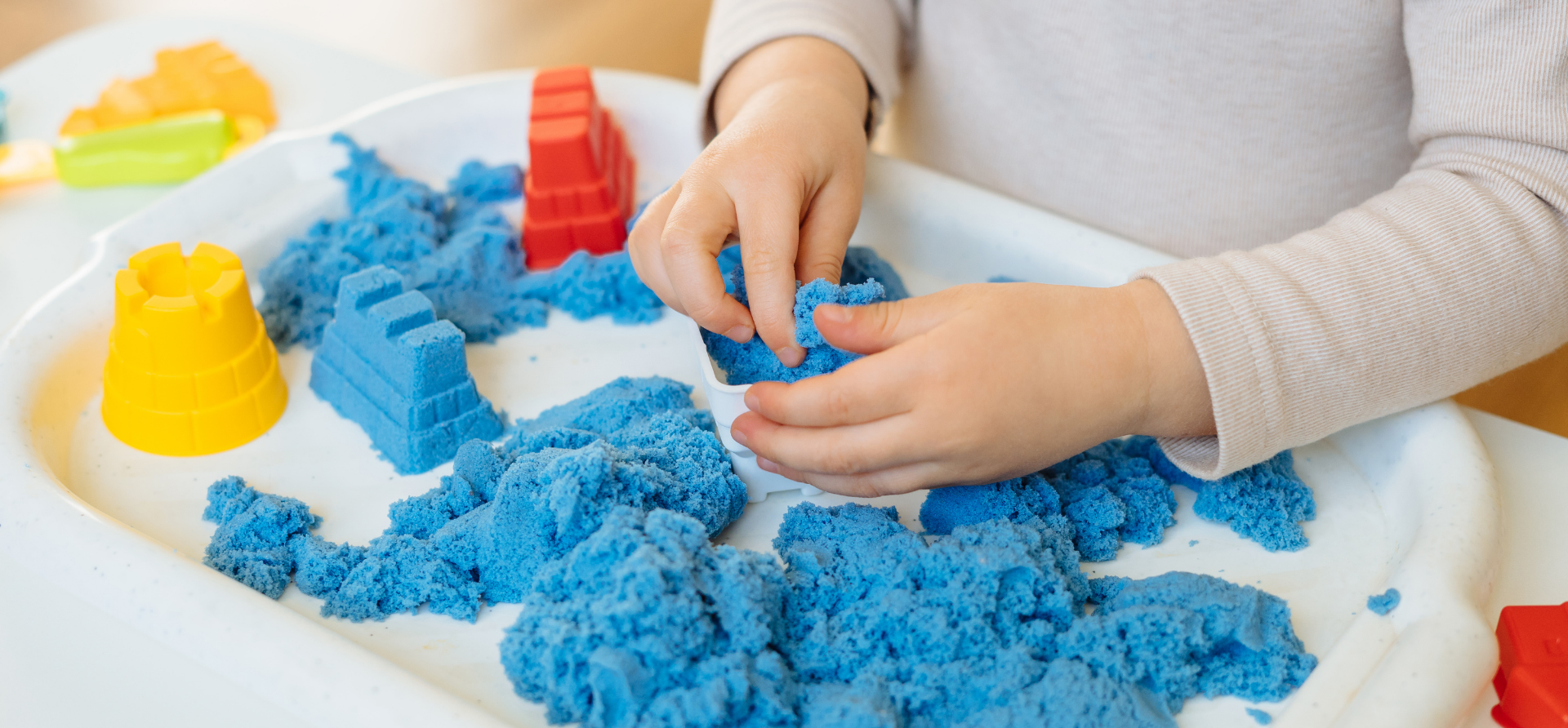Creating a Safe, Loving Space: How We Nurture Trust and Independence
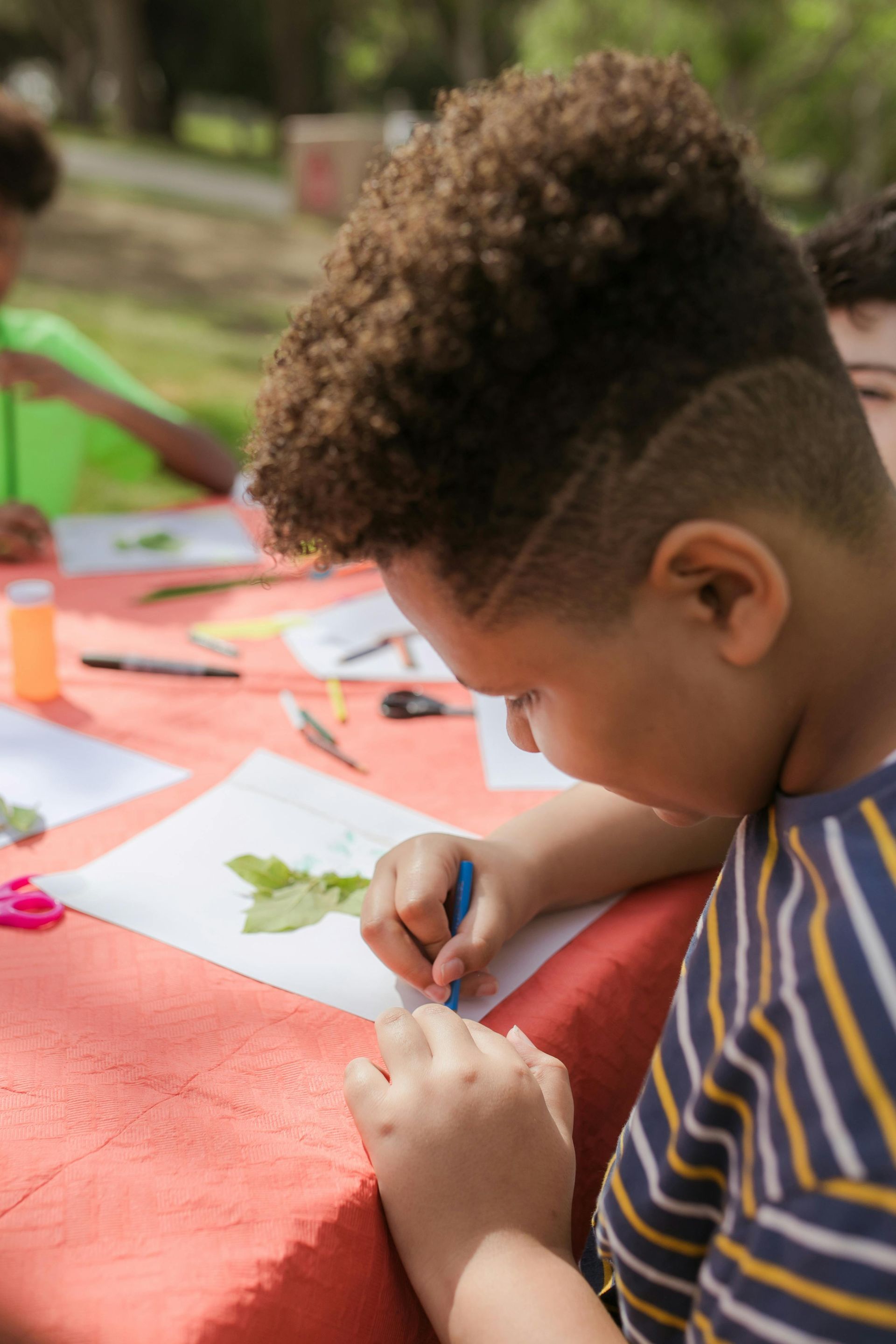
For young children, the world is a big and often overwhelming place. Everything is new—new faces, new experiences, and new emotions. At Storybook School Orlando, we believe that a warm, secure, and loving environment is the foundation for all learning. When children feel safe and supported, they are more willing to explore, ask questions, and grow into confident, independent individuals.
Our approach is grounded in the belief that trust is earned and independence is nurtured. In this post, we’ll explore how we create an environment where children can thrive emotionally, socially, and developmentally.
Why Safety and Love Matter in Early Childhood
Children need to feel safe before they can take risks. This sense of safety is not just about physical protection, but emotional security. When children know they are loved and accepted for who they are, they develop the confidence to engage with their environment, build relationships, and learn from experience.
Psychologists refer to this foundation as “secure attachment.” When children form strong, positive bonds with caregivers and educators, they are more likely to develop healthy relationships, regulate their emotions, and face challenges with resilience. At Storybook School Orlando, fostering secure attachments is central to our philosophy.
Building Trust Through Relationships
Trust begins with consistency and care. Our teachers form close, nurturing relationships with each child by:
- Learning each child’s unique temperament and needs
- Offering consistent routines and expectations
- Responding sensitively to verbal and nonverbal cues
- Providing comfort during times of distress
We understand that trust doesn’t happen overnight. That’s why our educators spend time bonding with children during transitions, getting down to their level, making eye contact, and using warm, reassuring tones.
Through daily interactions—whether it’s a high-five in the morning or a soothing hug at nap time—our teachers communicate: “You are safe here. You are valued.” This message becomes the emotional anchor children need to explore the world with confidence.
Encouraging Independence Step by Step
While trust is the foundation, independence is the goal. We believe that every child is capable and competent, and our job is to guide them toward autonomy in ways that are developmentally appropriate.
Here’s how we encourage independence in our classrooms:
1. Offering Choices
Children learn responsibility by making decisions. Whether it’s choosing a book during story time or deciding between painting or building blocks, offering choices helps children feel empowered and respected. It also teaches decision-making and critical thinking skills.
2. Encouraging Self-Help Skills
From washing hands to zipping coats, we encourage children to do things for themselves, offering support as needed. These everyday tasks build confidence, perseverance, and fine motor skills. The pride a child feels after putting on their own shoes is a powerful motivator for continued independence.
3. Promoting Problem-Solving
When challenges arise—like a disagreement over a toy or figuring out how to reach a puzzle piece—we guide children through the problem-solving process. Instead of solving problems for them, we ask open-ended questions and encourage them to think through solutions.
4. Celebrating Effort, Not Just Outcome
We focus on effort and progress, rather than perfection. “You worked so hard to put that puzzle together!” means more than “You did it right.” This mindset helps children develop a growth mindset and a willingness to try new things without fear of failure.
Creating a Safe Physical Space
In addition to emotional safety, our classrooms are designed to be physically safe, accessible, and inviting. We use:
- Soft lighting and cozy corners for calming down or reading
- Child-sized furniture to support independence
- Clearly labeled bins and shelves for easy access and clean-up
- Safe, age-appropriate materials that encourage exploration and creativity
Safety checks are conducted daily, and our staff is trained in CPR, first aid, and emergency procedures. Everything from playground design to classroom layout is carefully planned to support safe and confident exploration.
Cultivating Emotional Intelligence
Trust and independence go hand-in-hand with emotional development. We help children recognize, understand, and express their feelings through:
- Emotional vocabulary lessons using stories, puppets, and games
- Daily check-ins where children can share how they feel
- Mindfulness and calming exercises to develop self-regulation
- Modeling empathy and kindness in everyday interactions
When children learn that their emotions are valid and manageable, they are better equipped to navigate social interactions and build strong relationships.
Partnering With Families for Consistency
A child’s growth is best supported when caregivers and educators work together. We strive to build strong partnerships with families through:
- Daily communication about routines, successes, and concerns
- Parent-teacher conferences to discuss development and goals
- Workshops and resources to support parenting at home
If your child is transitioning into daycare or you’re wondering about the right time to start, our resources on how to prepare your child for daycare and what’s the best age to start childcare can help you make informed and confident decisions.
Real-Life Success Stories
One of our preschoolers, Mia, was initially very shy and reluctant to join group activities. With consistent support and encouragement, she gradually began to open up—first engaging in parallel play, then confidently sharing stories during circle time. Today, Mia proudly helps her younger peers and takes initiative in classroom projects.
Another child, Liam, struggled with separation anxiety in the mornings. By working closely with his parents and offering a warm hand-off each day, Liam soon found comfort in the daily routine and the familiar faces of his teachers. Now, he walks into the classroom with a smile and a hug for his favorite teacher.
These stories highlight the power of a loving, supportive environment in helping children build the trust and independence they need to thrive.
Conclusion
At Storybook School Orlando, we see each child as a unique and capable individual. By creating a safe, loving environment where trust is nurtured and independence is encouraged, we empower children to become confident, resilient, and compassionate learners.
Every story begins with a sense of belonging. When children feel secure, they are free to explore, express, and evolve. And as they take each brave step forward, we are here—cheering them on, guiding them gently, and celebrating the beautiful people they are becoming.
Want to see our nurturing environment in action? Schedule a visit to Storybook School Orlando and discover how we make every child feel at home while preparing them for a lifetime of learning and growth.

